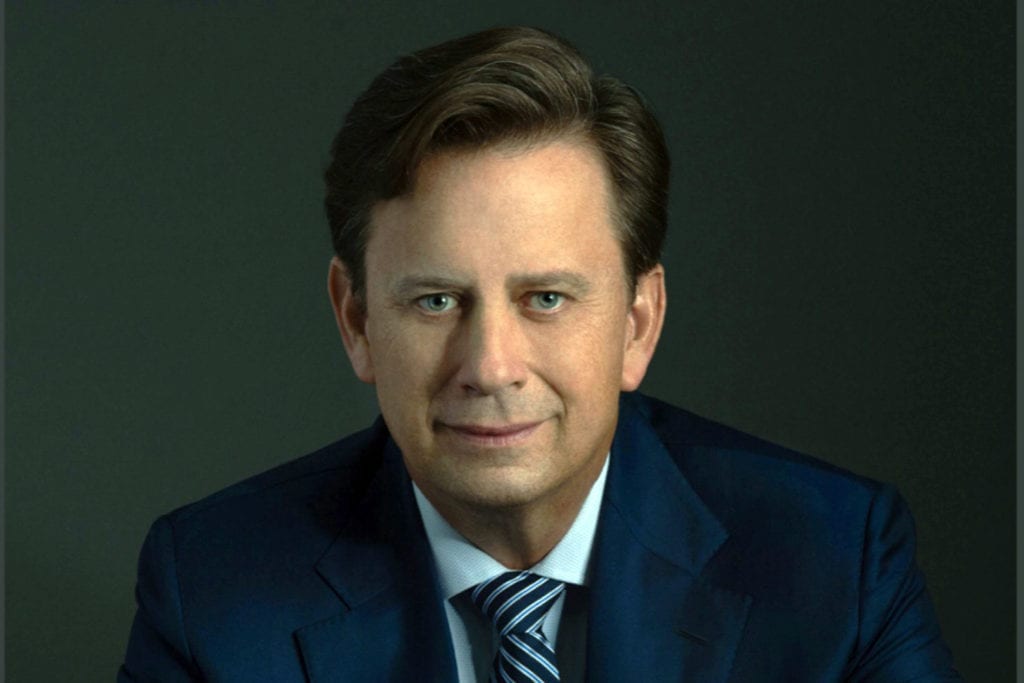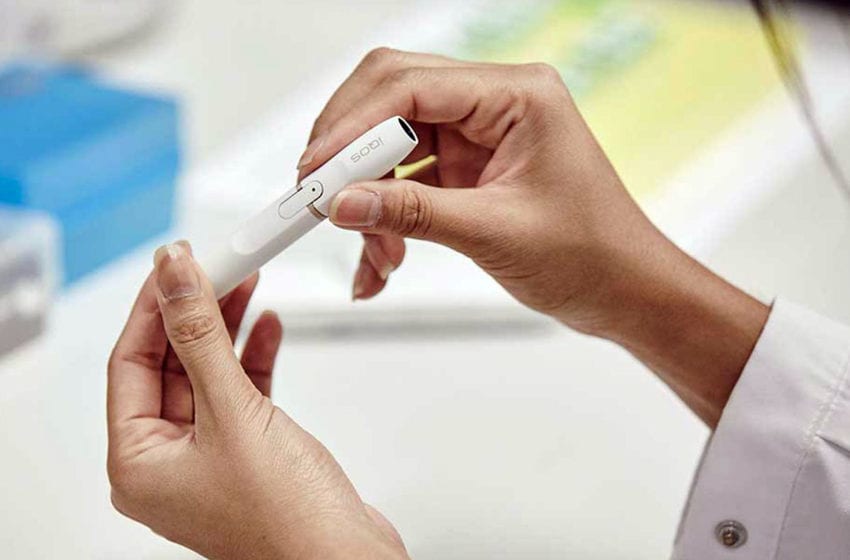
The U.S. Tobacco Cooperative (USTC) has hired a new chief financial officer, Keith Merrick, effective March 1, 2021.
Most recently, Merrick was the market president and senior business relationship manager for Wells Fargo in Wilson and Rocky Mount, North Carolina, where he was responsible for acquisition, credit underwriting and management of the bank’s local commercial portfolio. Prior to that, he spent 11 years as the senior vice president and chief financial officer for S.T. Wooten Corp. He also has more than 12 years of tobacco experience from his position as vice president, treasurer and director of investor relations at Standard Commercial, a predecessor company of Alliance One International.

“I am pleased to welcome Keith to our leadership team,” said Oscar House, USTC’s president and CEO. “His deep and extensive experience in leading the financial operations and operational changes will make an immediate impact as we manage through the current economic challenges and continue to position USTC for the future. I am confident Keith will provide strong leadership and is an excellent addition to the USTC team.”
As CFO, Merrick will be responsible for accounting, treasury, financial planning and analysis, tax, information technology and investor relations for USTC and its subsidiaries.
Merrick holds a bachelor’s degree in agricultural economics from Texas A&M and a master’s degree in agribusiness and finance from the University of Missouri.
























